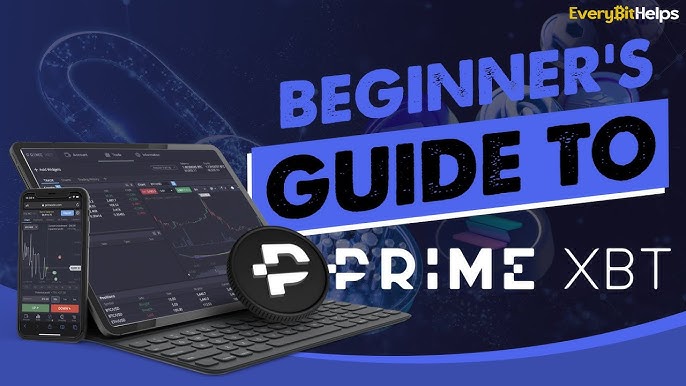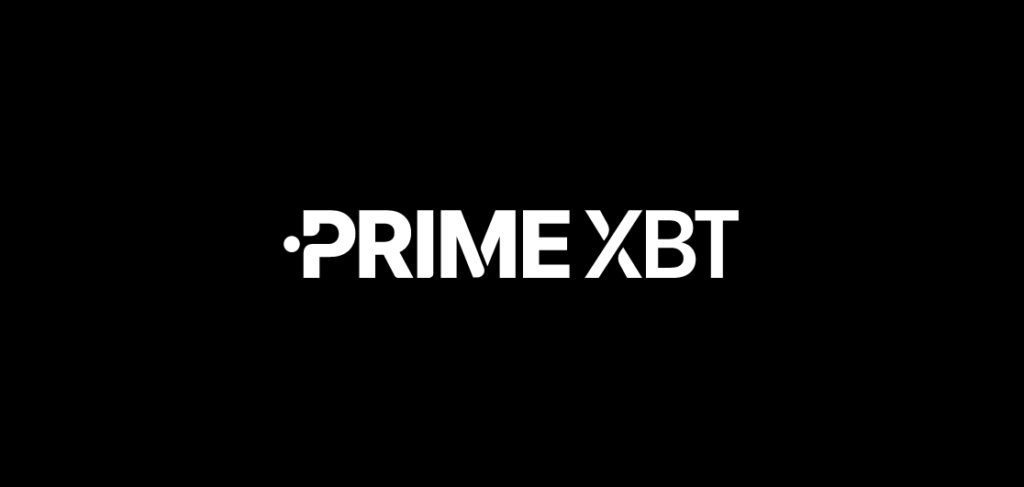
In today’s digital world, privacy and security are of utmost importance. With increasing concerns about online surveillance, data breaches, and the potential for geographical restrictions on internet access, many users are turning to virtual private networks (VPNs) as a solution. But do you really need a VPN? In this article, we’ll delve deep into the functionality of VPNs, their benefits, and situations where they might be essential. Additionally, we’ll look at how using a VPN can complement financial services such as do you need a vpn for primexbt PrimeXBT forex spread, ensuring secure and anonymous trading.
What is a VPN?
A VPN, or virtual private network, is a service that creates a secure connection over the internet. It encrypts your data and masks your IP address, allowing your online actions to be virtually untraceable. This technology is utilized by individuals looking to enhance their personal security and privacy as well as by businesses seeking to protect sensitive data online.
The Key Benefits of Using a VPN
1. Enhanced Privacy and Security
When you connect to a VPN, your internet traffic is routed through a secure server. This obscures your IP address and encrypts your online activity, making it more difficult for third parties—like hackers, ISPs, and government agencies—to monitor your activities. For anyone concerned with privacy, especially in regions with restrictive internet practices, using a VPN can be a critical tool.
2. Bypassing Geographical Restrictions
Many websites and streaming services impose geographical restrictions on their content. A VPN allows users to connect to servers in different countries, effectively bypassing these restrictions. For instance, by using a VPN, you could access content from streaming services available only in a certain region, allowing a more enriching entertainment experience.
3. Safe Online Transactions
For individuals who regularly conduct transactions online, especially in fields like finance and e-commerce, a VPN provides an additional layer of security. When accessing financial platforms, the encryption ensures that sensitive information—such as credit card details and banking credentials—are protected from potential theft. This is particularly relevant for traders on platforms like PrimeXBT, where secure transactions are paramount.

4. Avoiding Throttling
Some internet service providers may throttle your speed based on your online usage, particularly when streaming or gaming. A VPN can help prevent this by hiding your internet activity from your ISP, allowing for a smoother and faster online experience.
When You Might Not Need a VPN
While VPNs offer significant benefits, there are situations where they might not be necessary. For example:
1. Casual Browsing on Public Networks
If you’re only browsing the web casually on a secure public network, the risk of data theft might be lower, and you may choose to forgo a VPN. However, this comes with the caveat that public networks can still pose risks, and using a VPN is generally a good practice even in these situations.
2. Engagement with Trusted Services
If you’re accessing trusted services and websites, such as banking sites with strong encryption and security measures, you might feel secure without a VPN. Nonetheless, it’s important to always prioritize your security and privacy, even on trusted platforms.
3. Cost Considerations
VPN services require a subscription, and for users on a tight budget, the monthly or annual fee might deter them from using one. However, free VPN services often come with their own disadvantages, such as limited features, slower speeds, and potential privacy concerns. In such cases, researching and finding a reliable, affordable VPN can be worthwhile.
Choosing the Right VPN Service

If you decide to use a VPN, it’s crucial to choose the right service. Here are some key factors to consider:
1. Security Features
Look for a VPN that offers strong encryption standards, a no-logs policy, and automatic kill switches to protect your data. The security features should align with your personal or business needs.
2. Server Locations
The number and diversity of server locations can affect your ability to access global content. A good VPN will have servers in multiple countries, allowing you to bypass restrictions effectively.
3. Speed and Performance
Because a VPN can sometimes slow down your internet speed due to the encryption process, it’s essential to choose one with a reputation for maintaining good performance levels. Look for reviews and speed tests before making a decision.
4. Customer Support
Opt for VPN services that offer excellent customer support to assist you with any potential issues. Good customer service is crucial, particularly if you’re using the VPN for sensitive transactions.
Conclusion
In summary, whether you need a VPN depends on your individual online habits and concerns. If you prioritize your privacy, often access sensitive information online, or seek to bypass geographical restrictions, a VPN may be an excellent solution. Moreover, for activities such as trading in volatile markets through platforms like PrimeXBT, using a VPN can enhance your security during transactions. Ultimately, weighing the benefits against any potential drawbacks will help you make an informed decision about whether a VPN is a necessity in your digital toolkit.
